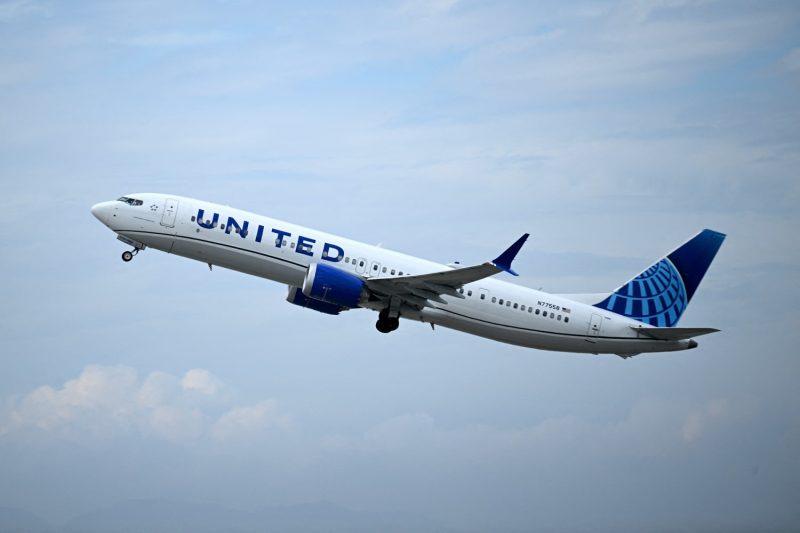In recent months, the aviation industry has been grappling with supply chain disruptions and production delays, with aircraft manufacturers like Boeing facing significant challenges. United Airlines’ decision to pause its pilot hiring process due to Boeing’s delivery delays underscores the far-reaching impact of these issues on the entire ecosystem of aviation.
The aviation industry operates on a delicate balance of supply and demand, where any disruption in the supply chain can have ripple effects across various segments. Boeing, a major player in the aircraft manufacturing sector, has been facing production delays and supply chain bottlenecks, which have resulted in delayed deliveries of new aircraft to customers like United Airlines.
United Airlines’ move to suspend its pilot hiring process in response to Boeing’s delivery delays highlights the interconnected nature of the aviation industry. Pilots are an essential part of the operational structure of airlines, and their recruitment is closely tied to the fleet expansion plans of carriers. When aircraft deliveries are delayed, as in the case of Boeing, airlines like United are forced to reevaluate their hiring strategies to align with the revised timeline for fleet expansion.
The decision to pause pilot hiring is a strategic move by United Airlines to manage its resources effectively in response to the external challenges posed by Boeing’s delivery delays. By temporarily halting the recruitment process, the airline can avoid overstaffing in anticipation of new aircraft arrivals that are now delayed. This measured approach ensures that United maintains operational efficiency and cost-effectiveness during a period of uncertainty in the aviation industry.
Furthermore, United Airlines’ decision reflects a broader trend in the industry, where airlines are adapting their strategies to navigate the current challenges posed by supply chain disruptions and production delays. By proactively adjusting their operations in response to external factors like Boeing’s delivery delays, airlines can mitigate the impact of these challenges and maintain stability in their business operations.
As the aviation industry continues to grapple with the effects of supply chain disruptions and production delays, strategic decisions like United Airlines’ pause on pilot hiring serve as a reminder of the resilience and adaptability of airlines in the face of adversity. By carefully managing their resources and operations in response to external challenges, carriers can weather the storm and emerge stronger on the other side.
